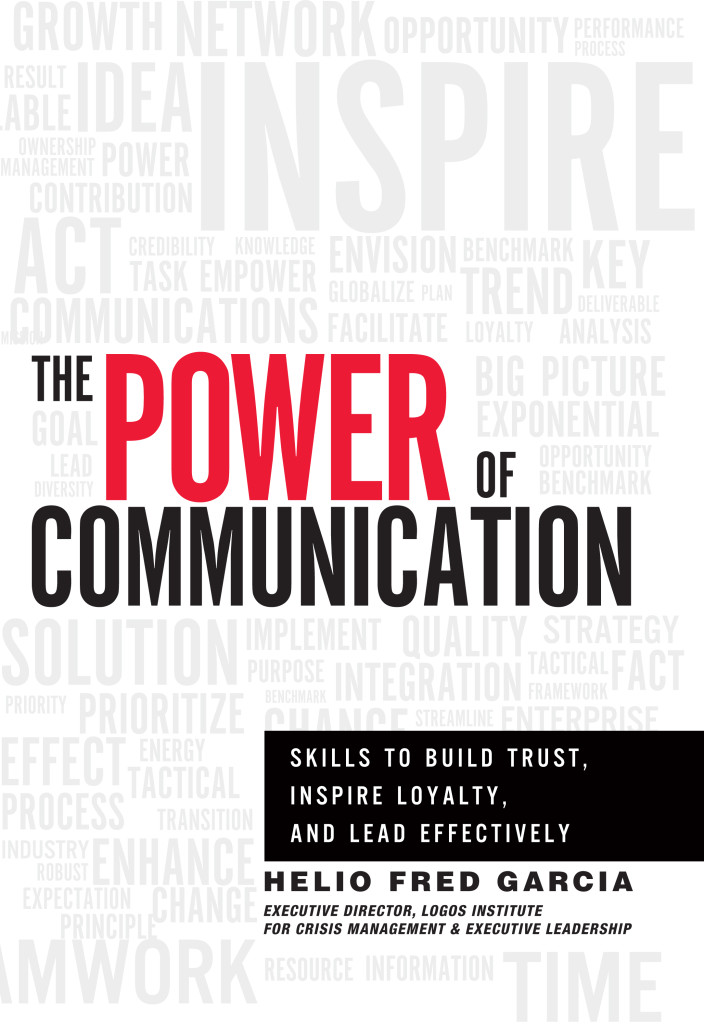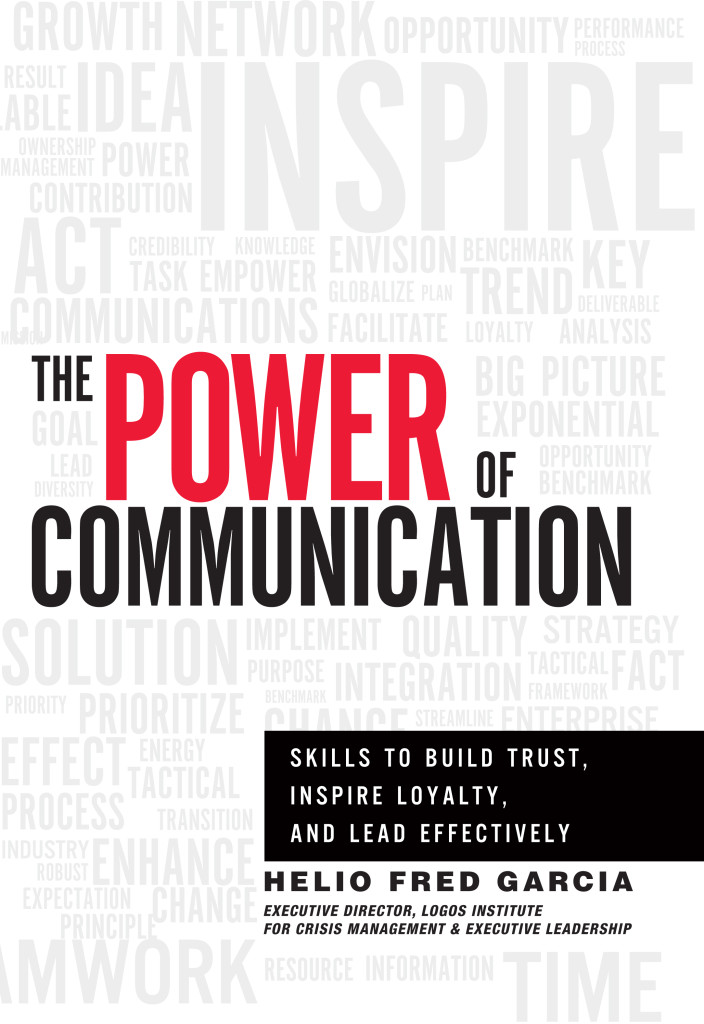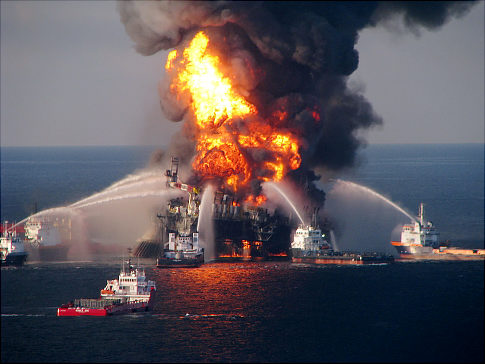Since public trust in the private sector has hit historic lows, demonstrating corporate responsibility has become even more important for today’s corporate leaders. Effective corporate responsibility – meeting (or exceeding) stakeholder expectations for financial, social and environmental performance -restores trust and credibility. Unfortunately, when companies attempt to talk about corporate responsibility, they often do more harm than good, causing even more damage to the company’s reputation. Common pitfalls are communicating instead of improving performance; ignoring reasonable critics; and reporting only what is required.
How can companies talk about corporate responsibility without shooting themselves in the foot? In my experience, companies that communicate corporate responsibility effectively follow seven rules.
1) Demonstrate, don’t assert.
Resist the temptation to demonstrate corporate responsibility via press release. Whenever a company talks about corporate responsibility, communication should follow action. Many skeptical audiences assume that corporate statements, if not misleading, will be self-serving and provide only a limited perspective. Assertions of corporate responsibility without the appropriate due diligence, policies, and actions backing them up will quickly prompt critics to highlight inconsistencies between word and deed. Just last week at the annual Business for Social Responsibility Conference, eBay CEO John Donahoe put it this way, “You can’t tackle your reputation until you tackle your actions.”
2) Get the facts.
Responsibility begins with accurate information. Without a clear understanding of conditions on the ground, companies cannot improve corporate responsibility performance. Accurate information, collected through due diligence tools like human rights impact assessments, not only informs smart business decisions, it minimizes the risks of communicating. Companies that provide policymakers with reliable information can reduce pressure for regulation. Companies that audit their operations can reduce the risk of legal liability. Accurate information is just as important for advocates who seek to improve corporate performance. A common set of facts provides a basis for engagement and collaboration among stakeholders.
3) Engage critics.
Most companies are exceedingly cautious and reluctant to engage critics. While a company may not agree with or ultimately adopt the recommendations of a critic, engaging critical external stakeholders in honest dialogue can earn credibility and demonstrate a corporate commitment to addressing the issues at stake. After Amnesty International released a 2003 report criticizing the human rights impact of a BP pipeline project, BP engaged Amnesty in dialogue, and sought to address the concerns by incorporating international human rights standards in the legal agreements governing the project. Engaging its main critic and taking stakeholder concerns seriously earned the company credibility. Engaging reasonable critics can also provide a company with valuable information and expertise, and set the stage for collaboration or partnership.
4) Be transparent.
Demands for greater corporate transparency are common in the wake of the financial crisis. Transparency has always been a hallmark of effective corporate responsibility. Communicating accurate information that is complete, relevant and measurable allows stakeholders to make their own assessments of corporate performance. As a rule of thumb, more information is better than less. High levels of transparency earn credibility with stakeholders and critics, create incentives for continuous improvement, and encourage the adoption of best practices. While companies that embrace full disclosure risk criticism, choosing to report as little as possible is a short-sighted strategy. For years, apparel companies resisted calls by advocates for full disclosure of factory locations. Despite its experience as a target of criticism, in 2005, Nike reversed the company’s longstanding position. By unilaterally disclosing all of its contract factory locations, Nike earned credibility while leveling the playing field among apparel brands and competitors. Nike’s principal rival, Adidas, ultimately disclosed its factory locations three years later. Companies must overcome cultural biases against public disclosure and seek levels of transparency sufficient to establish facts, demonstrate performance and earn credibility among stakeholders.
5) Define the company’s “sphere of influence.”
No company can, or should, assume responsibility for all the issues of concern to its stakeholders. Companies fall into the trap of accepting too much responsibility when other entities – governments, for example – must act to achieve lasting improvements. Conversely, companies that define their influence and responsibilities too narrowly risk a stakeholder backlash. A clear definition of a company’s sphere of influence, consistent with a company’s business, can go a long way toward meeting the expectations of stakeholders. The multi-stakeholder Global Network Initiative, for example, calls on its member companies to “prioritize circumstances where it has the greatest influence and/or where the risk to freedom of expression and privacy is at its greatest.” Leading companies evaluate and prioritize the corporate responsibility issues they face and allocate resources accordingly.
6) Earn credibility.
Third parties are the most powerful corporate responsibility communicators. The opinions of credible experts and independent stakeholders almost always carry greater weight than corporate assertions, especially in an atmosphere of mistrust of corporate motives. Independent monitoring was one of the first expectations of stakeholders when companies began to adopt voluntary codes of conduct. A single statement of support from a respected former critic can do more for a company’s reputation than years of corporate communication. But you have to earn that credibility. Ways companies have earned credibility include adopting widely accepted external standards, partnering with stakeholders, and acknowledging problems. The best corporate responsibility reports, for example, are notable for the candor with which they acknowledge failures and address performance obstacles.
7) Connect corporate responsibility to business strategy.
Stakeholders who value information on social and environmental performance look for evidence that a company’s corporate responsibility initiatives reflect an ongoing organizational commitment rather than an ad hoc response to an isolated issue. Are corporate responsibility efforts integrated, well-understood and rewarded at all levels of an organization, from the boardroom to the factory floor? Is every corporate function able to make the business case for corporate responsibility? The most effective communications demonstrate how a company’s corporate responsibility efforts advance key business objectives.
By adopting these best practices for communicating corporate responsibility, corporate leaders can avoid common pitfalls and focus on improving financial, social and environmental performance.












